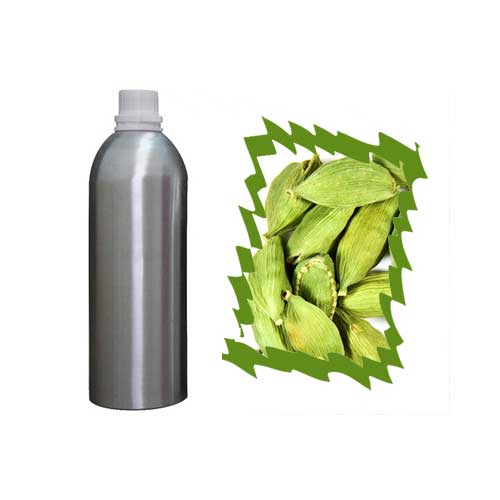Cardamom Essential Oil
With the essence of cardamom still surrounding me—and therefore still very much on my mind—I thought I’d write a follow-up blog post about another way to enjoy it in your healing repertoire: cardamom essential oil (made from green cardamom, Elletaria cardamomum). bulk cardamom essential oil exporter While not one of the more commonly found essential oils, cardamom can be a great addition to your personal apothecary.
Cardamom is a well-known spice that has been used for centuries for both cooking and for medicinal purposes. It is native to Southeast Asian countries and is botanically referred to as elettaria cardamomum. Cardamom essential oil is bulk cardamom essential oil supplier extracted through a process of steam distillation of cardamom seeds. The yield of the oil is very small, and therefore, cardamom oil is very expensive and scarce. The oil has a strong sweet and spicy odor.
If you’ve never used essential oils before, here’s a very quick primer. These distilled fragrant essences are extracted from different flowers, leaves, woods, or, in the case of cardamom, seeds. These oils, owing both to their chemical properties as well as their fragrances, have physical and emotional healing properties. bulk cardamom essential oil supplier They can be used in personal care (for example, as part of a massage oil or body lotion), environmental fragrancing (in a diffuser or room spray), or as a perfume. While there are healing traditions that may use high-grade essential oils internally, I would not advise using essential oils this way unless under the guidance of a trained healthcare practitioner.
Cardamom (Elettaria cardamomum) is a perennial herb that is cultivated in south India and Sri Lanka. The plant belongs to the same family as ginger, and shares the same “warming” properties of the aromatic root. Cardamom was one of the major spices traded between civilizations, and the herb traveled via the Middle East to Ancient Egypt, Greece and Rome. Today, it is widely used in Asian, North African and Middle Eastern cuisines, and its medicinal properties have been mentioned in ancient Vedic texts, which date back to 3000 years!
While the Egyptians used cardamom in perfumes and incense, Dioscorides, the Greek physician, pharmacologist, and botanist, described its use in the treatment of sciatica, coughs, spasm, abdominal pains and the retention of urine. In India, cardamom is traditionally used as a digestive aid, as a spice added to food, and on its own as a medicament. However, its most widespread — and by far most interesting — use is as that of an aphrodisiac.
As noted in my article about this spice, one of cardamom’s most well- supported uses is for enhancing digestion, a benefit for which its essential oil is also known. To use it for this purpose, add a few drops to a plain carrier oil—such as almond or jojoba—and give yourself a relaxing stomach massage.Cardamom’s aroma is well rooted is history. It was one of the scents used in ancient Egypt for perfumes as well as spirit-revering incenses.
Cardamom oil is also a very helpful fragrance to calm stress and mental worry. You can create a calming environment by using some in an aromatherapy room diffuser, bulk cardamom essential oil exporter or carry a vial of the oil with you and inhale its fragrance when your mind needs some settling. As nervous agitation may impede optimal digestion, enjoying its fragrance this way may also help to settle a stomach full of butterflies.

